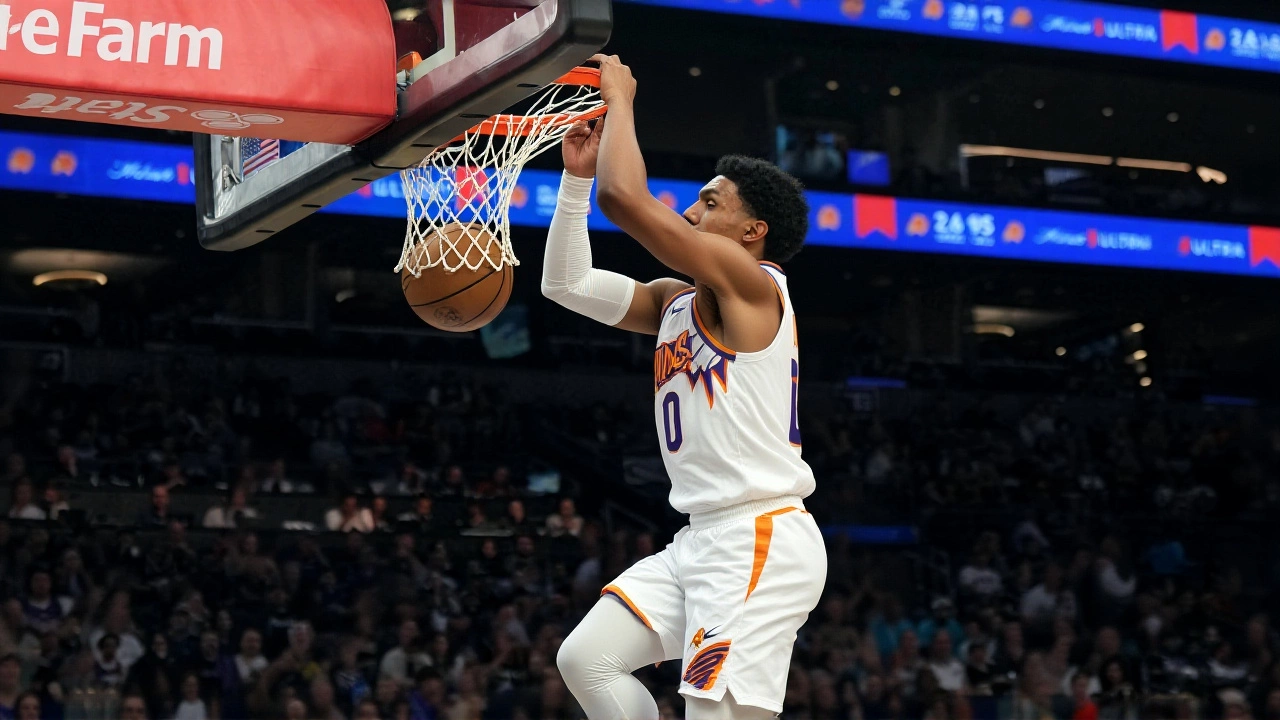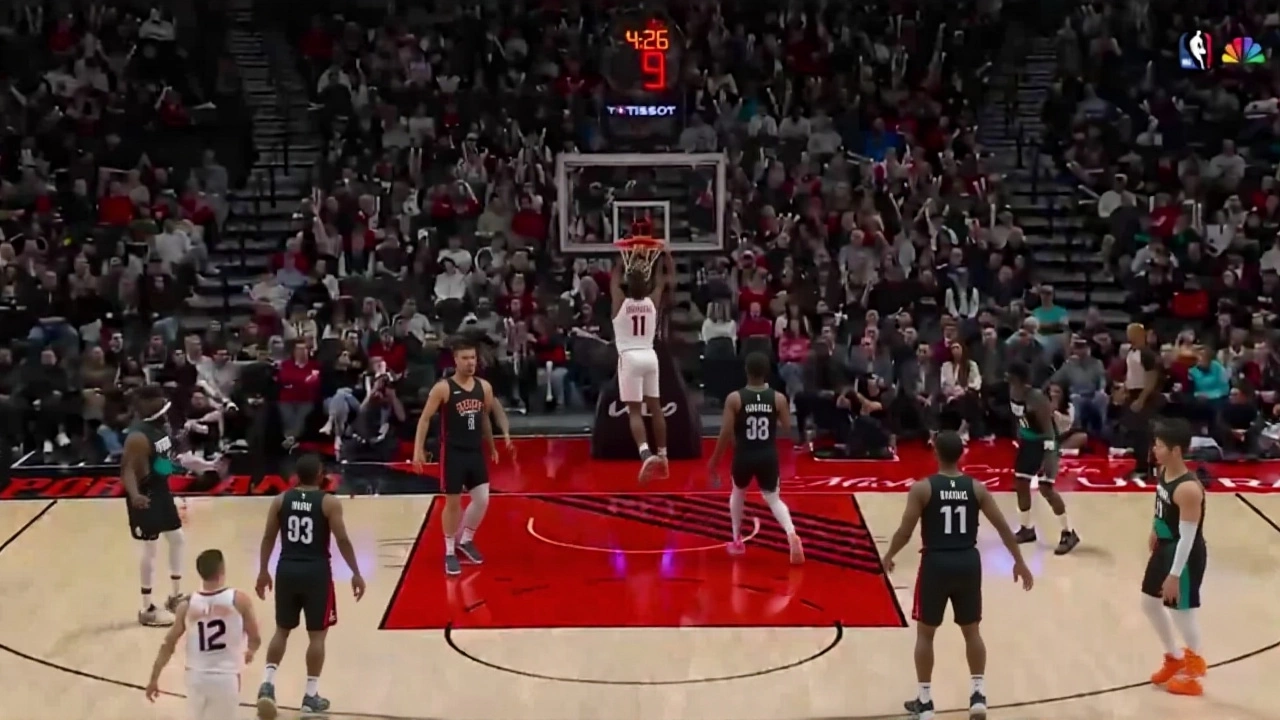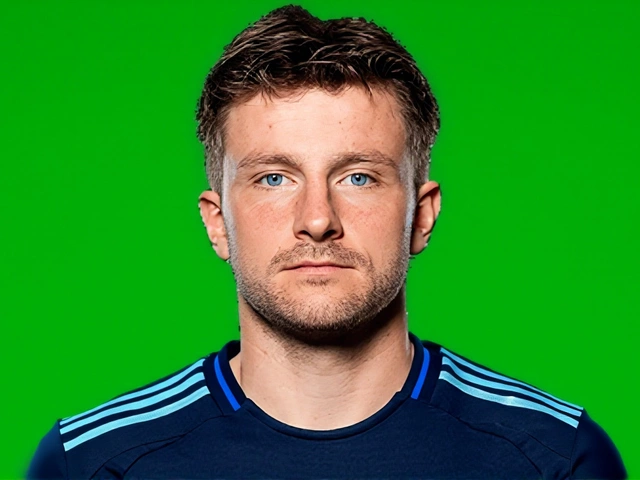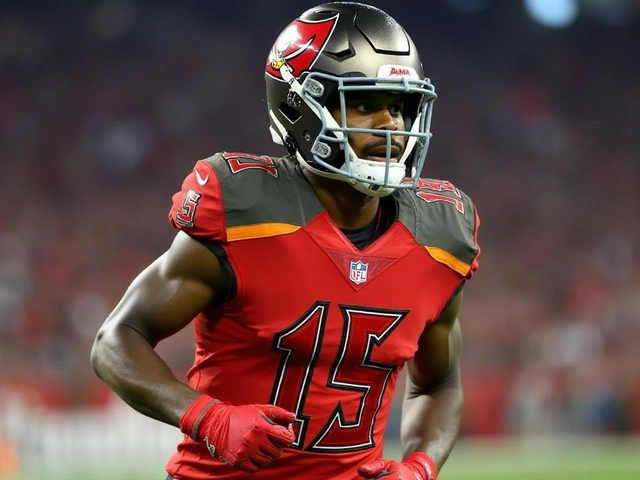It wasn’t just the score that told the story Tuesday night — it was the noise. The Phoenix Suns didn’t just beat the Portland Trail Blazers 127-110 at the Moda Center in Portland; they dismantled them with a defensive frenzy unseen in the NBA this season. With Devin Booker posting 19 points, 6 rebounds, and 5 assists, and Collin Gillespie matching him off the bench with 19 more, the Suns turned a tight game into a statement win. But the real shocker? 19 steals. The most by any NBA team this season. The most by Phoenix since February 21, 2002. And it wasn’t luck — it was pressure, timing, and chaos.
Defensive Domination: The 19-Steal Masterclass
For most teams, 19 steals is a statistical anomaly. For the Suns, it was a blueprint. Royce O’Neal and Ryan Dunn were relentless, swiping passes like they were picking up loose change. Dunn’s emphatic dunk late in the third quarter — a bookend to a 36-21 quarter that blew the game open — wasn’t just a highlight; it was the culmination of a full-quarter defensive avalanche. Portland turned the ball over 22 times. Ten of those led directly to Suns points. The Trail Blazers, who entered the game averaging 15.3 turnovers per contest, looked lost. Their 10-for-41 shooting from deep (24.4%) wasn’t just cold — it was suffocated. Every time they tried to find space, a Suns defender was there, hand in face, forcing rushed, off-balance shots.
Booker’s Quiet Efficiency, Gillespie’s Spark
Booker didn’t need to score 30 to win this game. He didn’t need to take 25 shots. He played like a veteran conductor — orchestrating, attacking when needed, and letting others shine. His 3 steals were critical, disrupting Portland’s rhythm early. Meanwhile, Gillespie, the 27-year-old guard acquired in a midseason trade, delivered the kind of bench production that turns good teams into contenders. Six of his 11 field goals came from beyond the arc. He didn’t just shoot — he moved. He cut, he screened, he found open space like a chess player anticipating three moves ahead. When he hit a three with 4:12 left in the third, the crowd in Portland fell silent. The Suns were up 17. The game, for all intents and purposes, was over.
Trail Blazers’ Offensive Woes
Shaedon Sharpe, Portland’s rising star, finished with a team-high 29 points, but it wasn’t enough. He took 21 shots — 11 from deep — and still looked frustrated. The Blazers’ offense looked like a broken engine: revving hard, but never quite catching. They missed their first seven three-pointers in the third quarter. Their ball movement stalled. Their pick-and-roll plays collapsed under Suns’ switching defense. And when they did get clean looks, the rim felt miles away. No one else scored more than 14. Their starting backcourt of Sharpe and Anfernee Simons combined for 41 points on 34 shots. That’s not basketball. That’s gambling.
Standings Shift: Suns Climb, Blazers Sink
Before tip-off, the Suns were 8-6, coming off a heartbreaking 124-122 loss to Atlanta where they blew a 22-point lead in the final minutes. That defeat snapped a five-game winning streak — a rare stumble in a season that had looked promising. But Tuesday’s win? It was a reset. At 9-6 (.600), Phoenix now sits just two games behind the LA Lakers (11-4) in the Western Conference. They’re tied with Denver for fourth, and with their next game against the Minnesota Timberwolves on Friday, they’re building momentum. Meanwhile, Portland’s slide continues. At 6-8, they’re now 7.5 games behind the Oklahoma City Thunder — and have lost five of their last six. Their home record? A dismal 2-5. The message is clear: they’re not just rebuilding. They’re lost.

Behind the Scenes: The New Face in the Paint
One name you might’ve missed: Yi-jing Wang. The 7-foot center from China, selected 16th overall in the draft, played 18 minutes and chipped in nine points and four rebounds. He wasn’t dominant, but he was disciplined — no fouls, no turnovers. He set solid screens, ran the floor, and finished two dunks in traffic. For a rookie on a team that’s still figuring out its identity, that’s progress. Coach Jordan Ott, who’s been quietly reshaping Phoenix’s culture since taking over, praised Wang after the game: “He doesn’t need to be the star. He just needs to be the guy who shows up.” That’s the Suns’ new ethos — no one has to carry the load. But everyone has to carry their weight.
What’s Next?
The Suns head home to face the Timberwolves on Friday — a team that’s been hot lately, with Anthony Edwards averaging 31 points over his last three games. But Phoenix now has confidence. They’ve shown they can win without Booker going off. They’ve shown they can dominate with defense. The Trail Blazers, meanwhile, face the Chicago Bulls on Wednesday — a team with similar issues: poor shooting, shaky defense, and no clear identity. If Portland can’t fix their rhythm by then, their playoff hopes will vanish by Christmas.
Historical Context: Steals and Legacy
Phoenix’s 19 steals aren’t just a stat — they’re a legacy marker. The last time they had more? February 21, 2002, against the Sacramento Kings. That team, led by Stephon Marbury and Shawn Marion, made the Western Conference Finals. This team? They’re not there yet. But they’re moving in the same direction. The 2002 Suns were known for their speed, their transition, their relentless pressure. Sound familiar? This year’s squad is echoing that. And if they keep this up — if they keep forcing turnovers, if they keep hitting threes, if they keep playing with heart — they won’t just make the playoffs. They’ll scare the top seeds.
Frequently Asked Questions
How rare is a 19-steal game in the NBA?
Only 12 teams in NBA history have recorded 19 or more steals in a single game since 2000. The last time it happened before Tuesday? The Milwaukee Bucks in January 2024. The Suns’ 19 steals are the most this season and the highest for Phoenix in over 23 years. Teams that hit that mark usually win by 20+ points — and they often go on deep playoff runs.
Why did the Trail Blazers struggle so badly from three-point range?
The Suns’ defense didn’t just contest shots — they disrupted the rhythm. They forced Portland into hurried, contested threes, often with a hand in the shooter’s face. Their defensive scheme emphasized closing out quickly on shooters, and the Blazers’ ball movement broke down early. Only two players — Sharpe and Simons — even attempted more than six threes. The rest were forced looks, and the numbers reflect it: 24.4% shooting from deep is below league average even for a bad shooting team.
What does this win mean for the Suns’ playoff chances?
It’s a major signal. At 9-6, Phoenix is now firmly in the top-four conversation in the West. With a favorable schedule ahead — including home games against Minnesota and Sacramento — they have a real shot at cracking the top three. Their defense is improving, their bench is contributing, and Booker is playing smarter. If they keep this pace, they could be a dangerous first-round opponent for anyone.
Is Collin Gillespie becoming a key player for the Suns?
Absolutely. Gillespie’s 19-point, 6-assist performance off the bench was his third straight game with 15+ points. He’s averaging 14.2 points and 5.8 assists over his last five games — numbers that rival starters on other teams. He’s the perfect complement to Booker: a cerebral playmaker who thrives in space. The Suns’ offense has become more dynamic since he took over the second-unit point guard role.
What’s the significance of Yi-jing Wang’s performance?
For a rookie from China, playing 18 minutes in a high-pressure road win is huge. Wang didn’t dominate, but he didn’t make mistakes — no fouls, no turnovers, solid defense. That’s rare for a young big. His presence gives Phoenix flexibility to play bigger lineups without sacrificing pace. If he continues developing, he could become a valuable rotation piece — and a symbol of the NBA’s growing global reach.
What’s the biggest takeaway from this game?
The Suns don’t need a superstar night to win. They need discipline, effort, and defensive intensity. Booker didn’t need 30 points. Gillespie didn’t need to be the star. They just needed to play smart, play hard, and trust the system. That’s the mark of a team that’s learning how to win — and that’s scarier than any individual performance.




